Palmer Luckey leaves Facebook – what does this mean for Oculus Rift?
Not to mention the future of VR
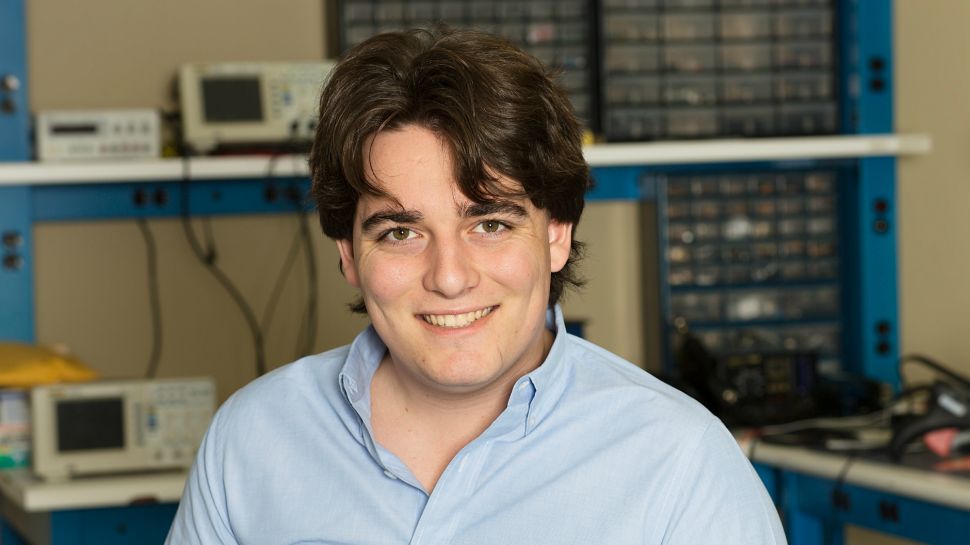
Palmer Luckey is leaving Facebook and Oculus, the company he co-founded and eventually sold to the social network for $2 billion in 2014.
Luckey is best known as the creator of Oculus Rift, the virtual reality headset that reignited the public's interest in VR and has seen several high-end competitors emerge in its wake. Oculus Rift, however, is the headset that started it all.
"Palmer will be dearly missed," an Oculus spokesperson said in a statement to TechRadar. "Palmer's legacy extends far beyond Oculus. His inventive spirit helped kickstart the modern VR revolution and build an industry. We're thankful for everything he did for Oculus and VR, and we wish him all the best."
It's not known whether Luckey's leaving is voluntary, or whether he'll be involved with Oculus or Facebook in any capacity moving forward; Oculus declined to offer comment beyond its statement.
This Friday is Luckey's last official day with Facebook, according to Upload VR.
The face of virtual reality
In many ways Luckey has been the face of the recent virtual reality revival; his early prototypes, sometimes wrapped in duct tape, stormed onto the scene in 2012 and immediately captured enthusiasts' imaginations.
A successful Kickstarter campaign only added to excitement around Rift, and it became clear, as the headset made it to developers and subsequent prototypes were refined, that the dream of mainstream, accessible and immersive VR could become a reality.
Get daily insight, inspiration and deals in your inbox
Sign up for breaking news, reviews, opinion, top tech deals, and more.
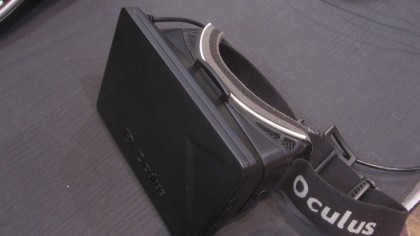
Facebook swooped in with a $2 billion check three years ago, buying Oculus in a move that signaled the social network saw the potential for virtual reality to be more than a gaming platform.
Facebook views VR as an entirely new way for people to interact with one another, and Luckey told us in 2016 that Oculus also held this vision long before Facebook came to the table.
"Our vision has never been to just be a gaming company," Luckey said at the time.
The consumer version of Oculus Rift went up for pre-order in January 2016, and Luckey hand-delivered the first headset to a customer in Alaska that March.
"I've been working on this thing for so long, and you're the first person to actually get one," Luckey said as he delivered the headset. "So it's kind of like me taking all this work and handing it off to you, so you've got to make sure you have fun with it, or something."
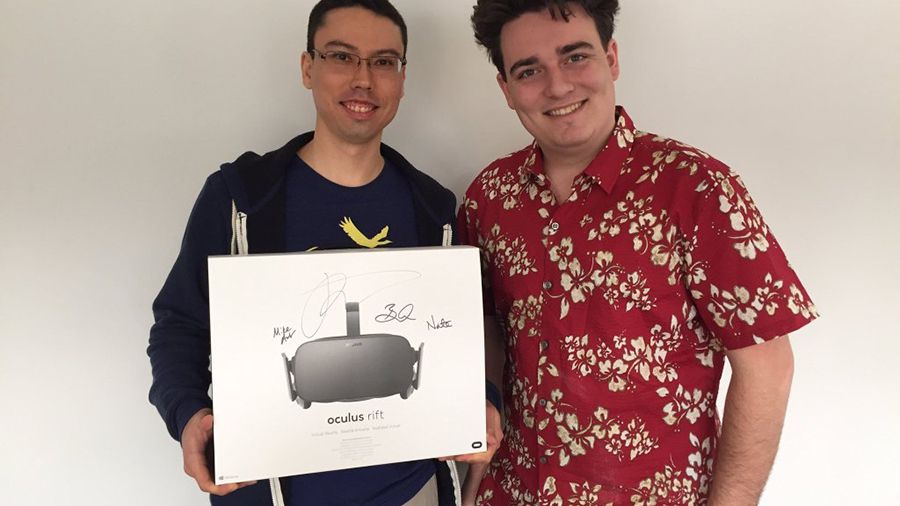
But, as Oculus Rift continued to sell, and eventually launched Touch controllers to bring even more immersion to the experience, Luckey faded from the spotlight.
Controversy surrounded him during the 2016 US presidential election when reports surfaced that he supported a right wing, pro-Donald Trump group called Nimble America. Luckey wrote in a September Facebook post that he had donated to the group, but also denied reports he was its founder or that he wrote posts under the pseudonym NimbleRichMan.
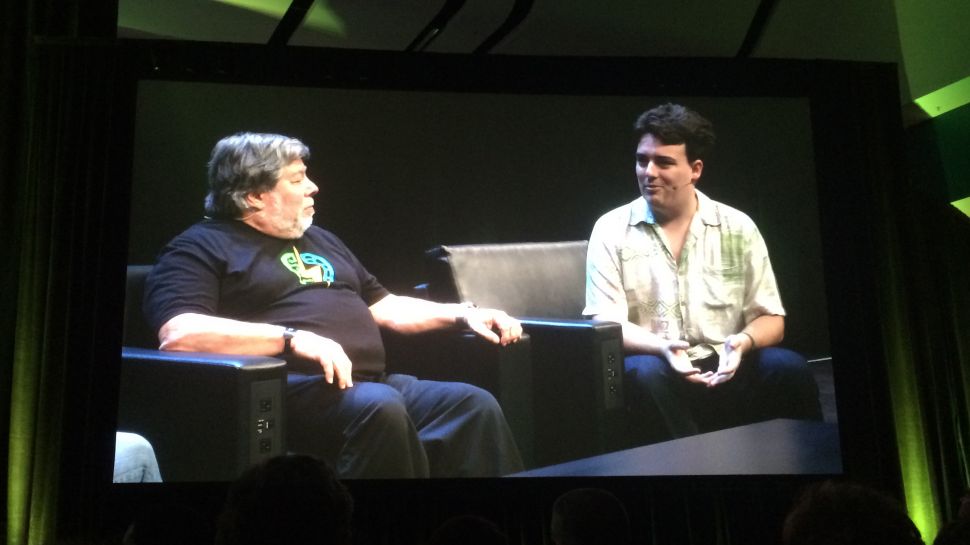
Luckey skipped the company's third Oculus Connect conference in October, letting Facebook CEO Mark Zuckerberg lead the proceedings. An Oculus executive told Polygon at the conference that, "Palmer decided not to attend OC3 because he didn't want to be a distraction."
Then earlier this year, major game publisher ZeniMax sued Oculus, saying the company stole its intellectual property in order to create Rift. The case saw Luckey and Zuckerberg take the stand, and eventually a jury awarded ZeniMax $500 million in damages. Luckey, who the jury found violated a non-disclosure agreement, is on the hook for part of that sum.
Oculus plans to appeal the ruling, and it could be years before the case is settled.
What does the future hold for Oculus Rift?
Even before Luckey's departure, changes to Oculus' leadership had taken place, most notably in December when then-CEO Brendan Iribe stepped down to lead the company's PC VR efforts.
With Luckey gone, not much should change with Oculus' day-to-day, though the company and its parent Facebook can no longer tap the wunderkind who's so passionately promoted virtual reality over the last five years.
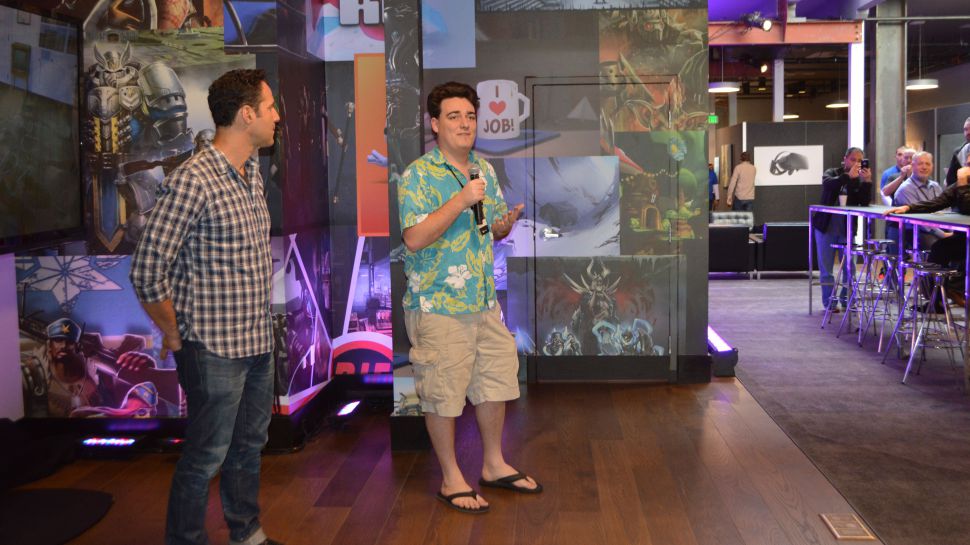
The direction of Oculus Rift as a product seems fairly well laid out as well; Oculus recently announced a price drop that should help it compete even more closely with HTC Vive. The company has put a premium on great content and building developer relations, and with the help of Facebook, is working to turn virtual reality into a viable personal computing platform, not just a way to game.
As for its hardware, Oculus and Facebook announced a tetherless headset is in the works, which speaks to a vision Luckey also shared with us that VR headsets will eventually need to cut the PC cord.
Oculus recently hired a long-time Apple veteran to lead its hardware efforts, and gloves that allow for controller-less input are also in the works, as teased by Zuckerberg last month.
Though Luckey will no longer be involved with Facebook or Oculus, and therefore with the development of Rift, he helped lay important groundwork for the modern VR revolution.
Putting controversy aside, his work on virtual reality has contributed to a proliferation of excellent headsets and experiences, and his impact will likely be felt for decades to come. What's more, he's only 24, so there's no telling what new venture he'll take on next.
Michelle was previously a news editor at TechRadar, leading consumer tech news and reviews. Michelle is now a Content Strategist at Facebook. A versatile, highly effective content writer and skilled editor with a keen eye for detail, Michelle is a collaborative problem solver and covered everything from smartwatches and microprocessors to VR and self-driving cars.
